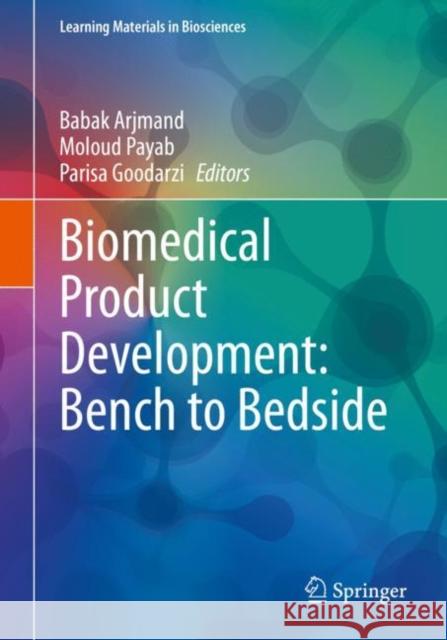Biomedical Product Development: Bench to Bedside » książka
topmenu
Biomedical Product Development: Bench to Bedside
ISBN-13: 9783030356255 / Angielski / Miękka / 2020 / 157 str.
Kategorie BISAC:
Wydawca:
Springer
Seria wydawnicza:
Język:
Angielski
ISBN-13:
9783030356255
Rok wydania:
2020
Wydanie:
2020
Numer serii:
000801585
Ilość stron:
157
Waga:
0.29 kg
Wymiary:
24.41 x 16.99 x 0.97
Oprawa:
Miękka
Wolumenów:
01
Dodatkowe informacje:
Wydanie ilustrowane











